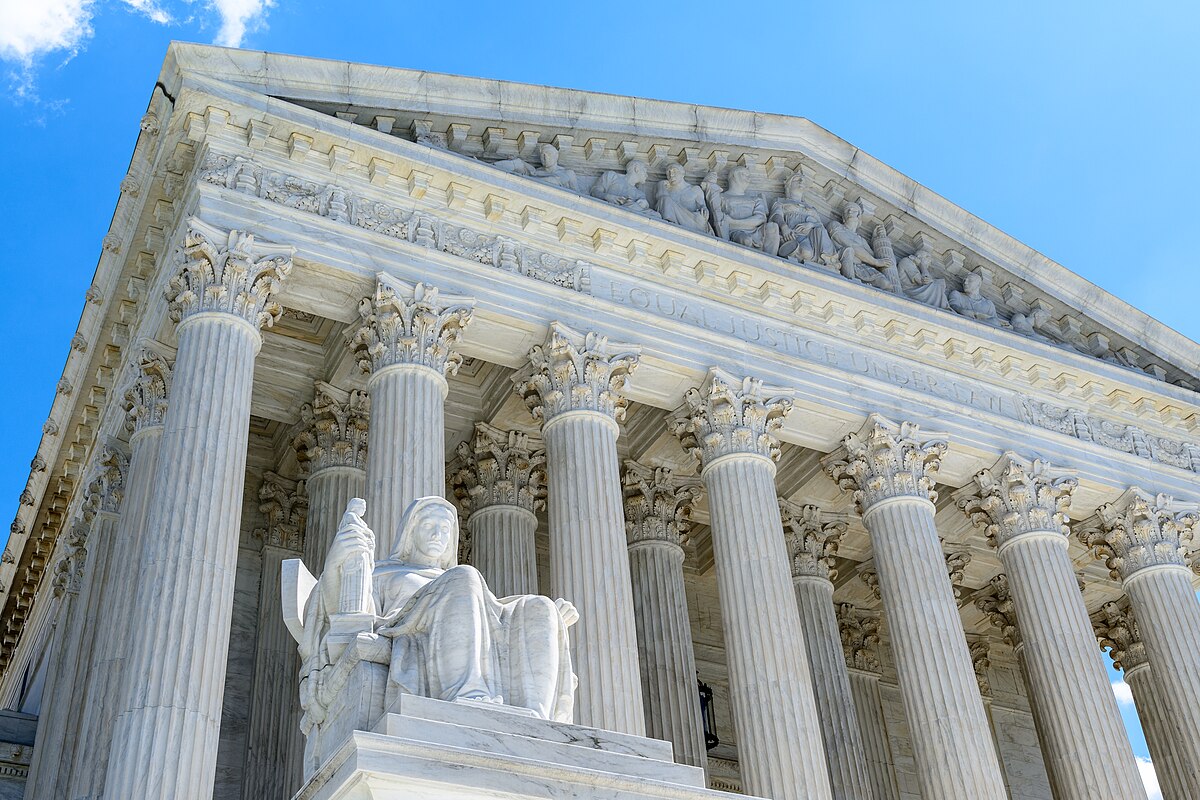The U.S. Supreme Court has temporarily permitted the Trump administration to revoke the temporary protected status (TPS) of over 300,000 Venezuelan nationals living in the United States. This decision comes as the court granted a request from the administration to stay a lower court ruling that had blocked the revocation.
Explainer Supreme Court Allows Trump Administration to Revoke TPS For Venezuelan Nationals
The TPS program was established to protect individuals from countries experiencing significant turmoil. Venezuelans were granted this status under the Biden administration due to the ongoing crisis in their home country. However, the Trump administration's move to rescind this status has sparked legal battles.
In March, the U.S. District Court for the Northern District of California issued a preliminary injunction against the administration's efforts to revoke TPS for Venezuelans. This ruling was paused by the Supreme Court while the administration appealed to the Ninth Circuit Court of Appeals, which ultimately denied the motion.
The district court later issued a final judgment against the administration, declaring that the actions taken by Department of Homeland Security Secretary Kristi Noem to revoke TPS were unlawful. The court also noted that the Secretary had unlawfully vacated a TPS extension for Haitian nationals, although the administration's appeal only addressed the situation for Venezuelans.
In its order, the Supreme Court majority stated, "Although the posture of the case has changed, the parties’ legal arguments and relative harms generally have not." This ruling indicates that the court believes the same rationale applied in a previous decision in May is applicable in this case.
Justice Ketanji Brown Jackson, who dissented, criticized the majority for not demonstrating a "time-sensitive need" for the stay. She expressed concern that the court was prioritizing executive power over the stability of families affected by the decision. "We once again use our equitable power... to allow this Administration to disrupt as many lives as possible, as quickly as possible," Jackson stated.
The Supreme Court's stay will remain in effect while the government’s appeal is pending in the Ninth Circuit. If the administration's petition to the Supreme Court is denied or if the court agrees to hear the case and issues a final judgment, the stay will terminate.
Supporters of the administration's decision argue that it is necessary to restore order and uphold immigration laws. Critics, however, contend that revoking TPS for Venezuelans would put many families at risk of deportation and exacerbate the humanitarian crisis in Venezuela.
As the legal proceedings continue, the fate of TPS for Venezuelan nationals remains uncertain, highlighting the ongoing debate over immigration policy in the United States.
Why it matters
- The Supreme Court's decision allows the Trump administration to revoke TPS for 300,000 Venezuelans, impacting their legal status and potential deportation.
- This ruling underscores the ongoing legal battles over immigration policy and the balance of executive power versus humanitarian concerns.
- The case reflects broader tensions in U.S. immigration policy, particularly regarding protections for individuals from crisis-affected countries.
What’s next
- The Ninth Circuit Court of Appeals will hear the government's appeal regarding the TPS revocation.
- Legal advocates may mobilize to challenge the Supreme Court's decision and support affected families.
- Watch for potential legislative actions or public responses regarding TPS and immigration reform.
